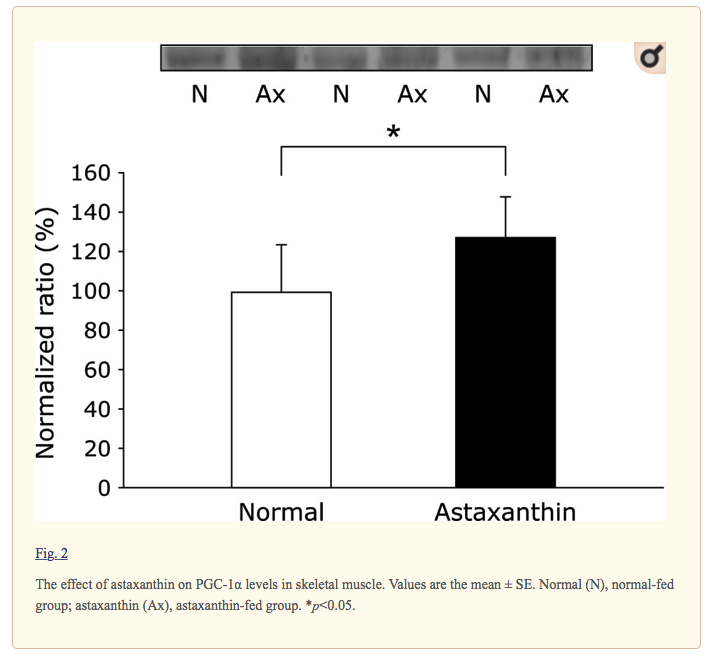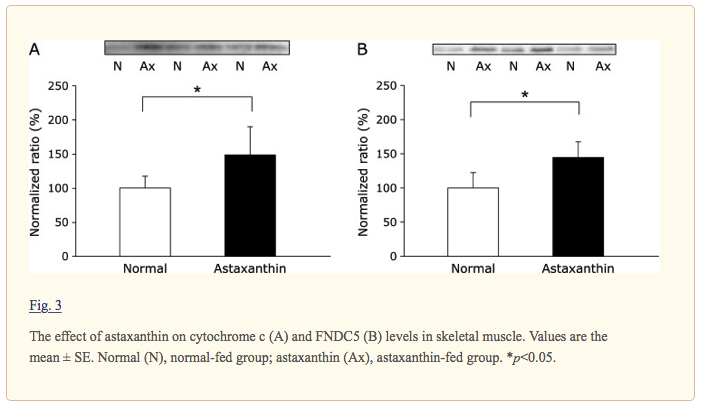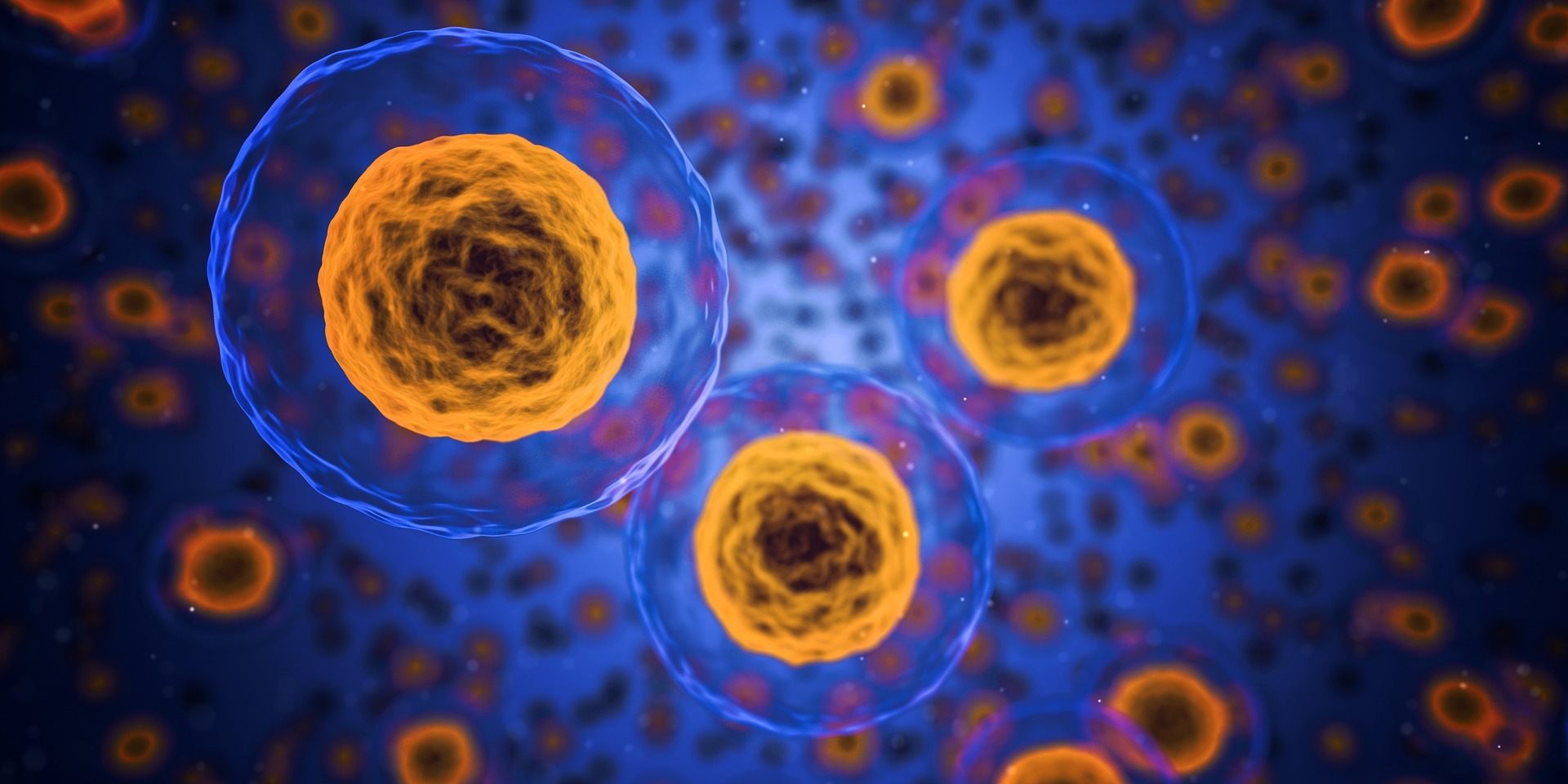Difference between fats + carbohydrates
The energy supply in the muscle occurs both from fats (aerobic) and from carbohydrates (anaerobic). These are weighted differently depending on the intensity of the load. The energy can be provided relatively quickly from carbohydrates, but the metabolic waste product lactate (lactic acid) is also produced, which can lead to overacidification of the muscle.
The result: muscle pain and cramps.
Energy production from fats, especially vegetable fats, is more efficient.
It lasts longer, but there is no metabolic waste. The muscles of trained endurance athletes therefore generate the necessary energy preferably from fats. Regular training increases the production of a special protein that regulates both types of energy production. Undrained people use the carbohydrates more strongly, which makes them “flabby” faster.
Astaxanthin improves your energy supply
As results of a recent study show, the natural substance astaxanthin derived from the microalgae Haematococcus Pluvialis, which is contained in BAC, also increases the release of this regulatory protein. This burns more fat and produces less lactate.
Result: More endurance and more effective fat metabolism.
The lactate concentration is lower, which prevents muscle cramps.
PGC-α and its downstream proteins were significantly higher in astaxanthin-fed mice compared to mice fed a normal diet. The intake of astaxanthin led to a PGC-α increase in skeletal muscle, which may accelerate lipid utilization by activating mitochondrial aerobic metabolism.
Naturally more efficiency
Astaxanthin is combined with Spirulina, Dunaliella Salina in the BAC F3 as a microalgae complex. These unique and natural capsules have been …..

1 Liu PH et al. The astaxanthin-induced improvement in lipid metabolism during exercise is mediated by a PGC-1α increase in skeletal muscle. https://www.ncbi.nlm.nih.gov/pubmed/24688216 , https://www.ncbi.nlm.nih.gov/pmc/articles/PMC3947967/

Convince yourself and order your BAC F3 for yourself, or someone you wish a good health.



Comments are closed.